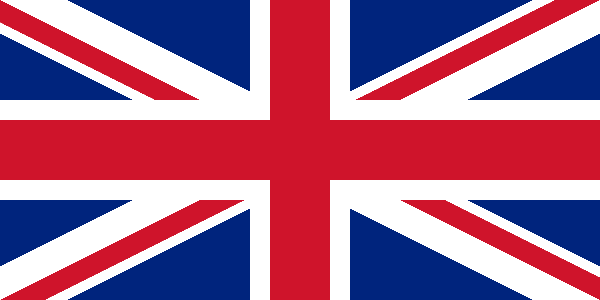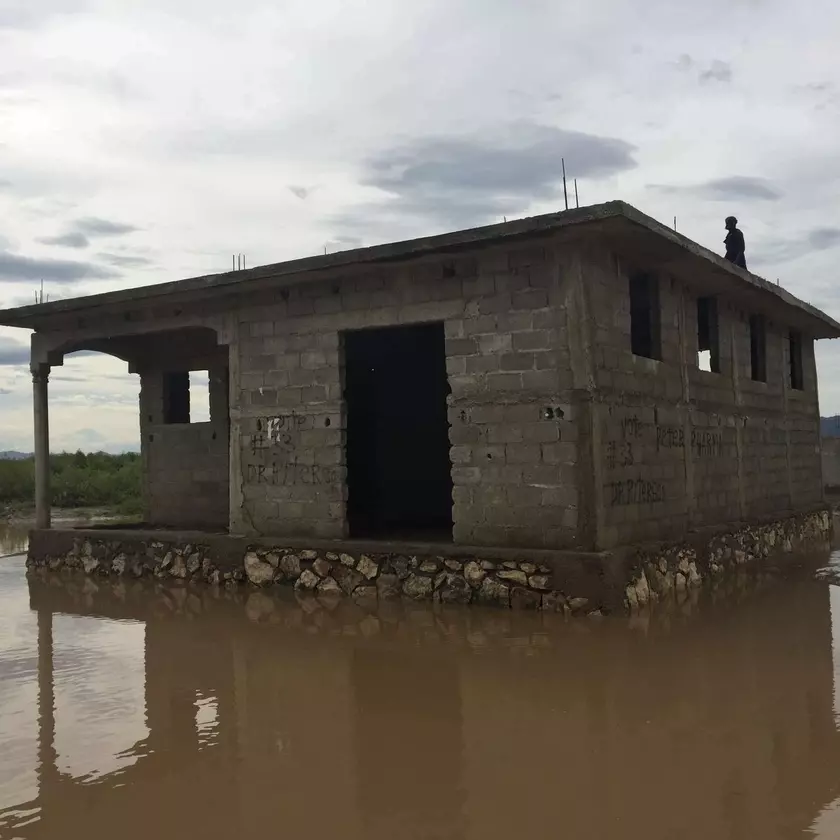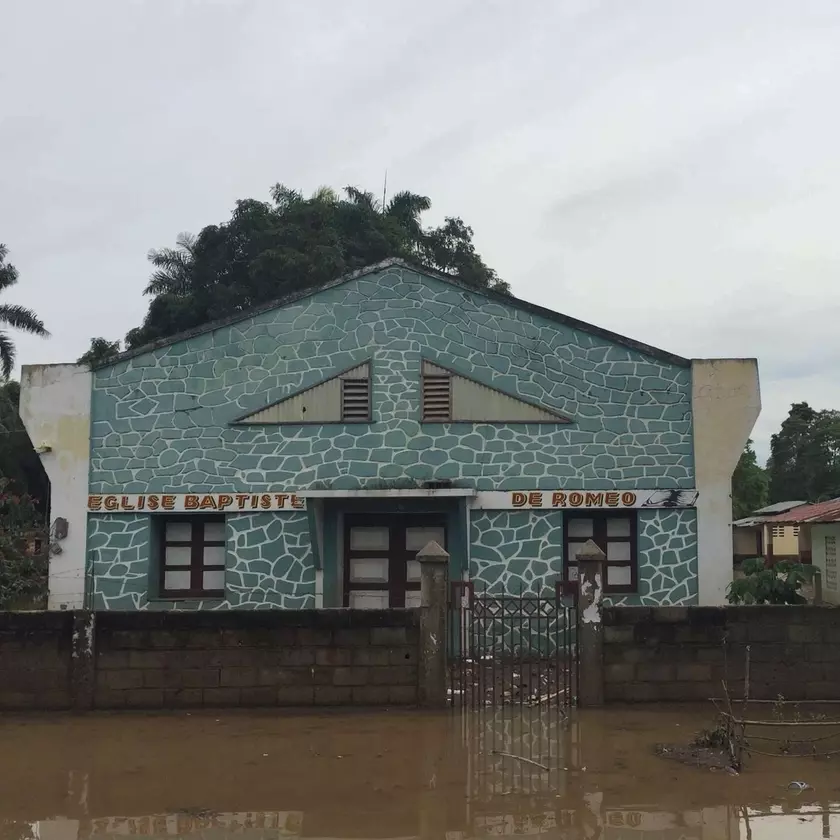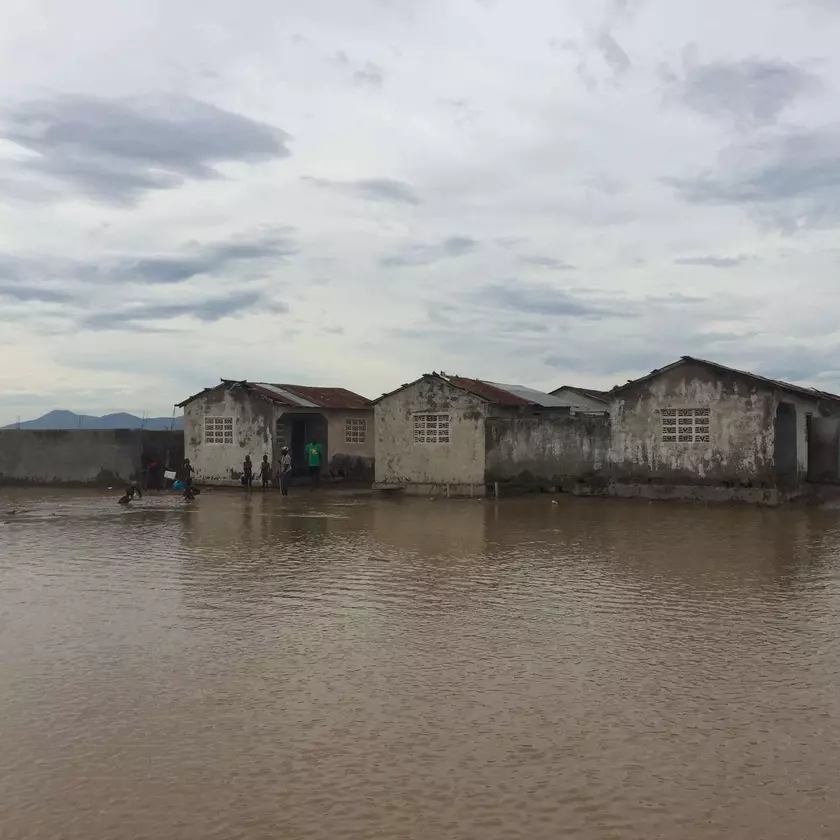Hurricane Irma Update
Dear all,
On behalf of everyone at HHA, specifically our Haiti based team, we'd like to express our deep thanks for your prayers, support and help in the last week related to Hurricane Irma.
I'm pleased to say that our hospital and staff were all OK, as was the majority of Cap-Haitien despite some isolated incidents of infrastructural damage. In other areas there was more serious damage, with over 8,000 houses damaged, 2,646 of which had serious damage. In addition, the UN report that 22 communities had some level of flooding.
Despite these figures and the obvious loss to those impacted, there was broad relief that the north was not hit in a more devastating way. Had Irma made landfall with Haiti, the situation could have been catastrophic. Upon reflection, last week has once again highlighted how vulnerable Haiti is. To see the other wealthier countries in the region damaged so badly, even with strong infrastructure and emergency plans, was a humbling and daunting reality check for Haiti. Poorly made shacks on precarious mountain sides and tightly packed slums on the sea front housing 1,000's would have simply had no chance. In addition, the preparations for Irma flagged up some serious gaps in Haiti's capacity to prepare and deal with a disaster in the north. The Miami Herald reported the following;
“We are totally vulnerable,” Port-de-Paix Mayor Josue Alusma told a local Port-au-Prince radio station. “We don’t have any equipment.”
Christian Joseph, the mayor of Môle-Saint-Nicolas, a city on Haiti’s northwestern tip, amplified Alusma’s concerns.
“We’ve assumed our responsibilities but when we look at other countries that have infrastructure and we see what Irma did, and our vulnerability, there is tremendous worry,” he told the Miami Herald. “All we know is that if there is one thing we believe in, it is in God.”
So, what next for HHA and our response? Following on from our summer appeal calling for support to continue our community health work, we are acutely aware of what a significant impact our community health agents can have in such events. We mustn't forget that the north bares the impact of flooding more often that the news reports. Such flooding only increases the risks of water borne disease in a country already struggling with the highest rates of infant mortality in the region, with diarrheal disease a leading contributor. Ensuring our Community Health Agents remain active, assisting communities with health education and prevention methods and surveying areas for possible peaks in diseases like cholera is critical for the long term protection of Cap-Haitien.
Secondly, as stated above, we are conscious there is a lot more that can and should be done to prepare our partner hospital and other health facilities in the region for future hurricanes. With the impact of climate change becoming more and more apparent, sadly it would seem such events will no longer be isolated incidents. Last year Hurricane Matthew desolated the south western peninsular of Haiti and narrowly missed us. This time again we are grateful Irma passed further north than originally feared. We need to learn from these and ensure we are well prepared through disaster preparedness of our local partners. We will be investing in this area in the coming months.
Despite these challenges, I was incredibly proud of our team on the ground for all they did last week. The hospital remained open throughout, even when staff had their own understandable fears for the safety of their homes and families. We were also swift to carry out an immediate needs assessment and deliver a small amount of aid to an area in need. Once again, our partner hospital HCBH stood strong, providing hope to the region in an important and uncertain time.
Thanks again for your support and we hope you'll continue to join us as we continue this critical work. Should you wish to make a donation to assist our ongoing efforts, please do so via our DONATE PAGE.
Kind regards,
Carwyn
CEO / Co-founder





